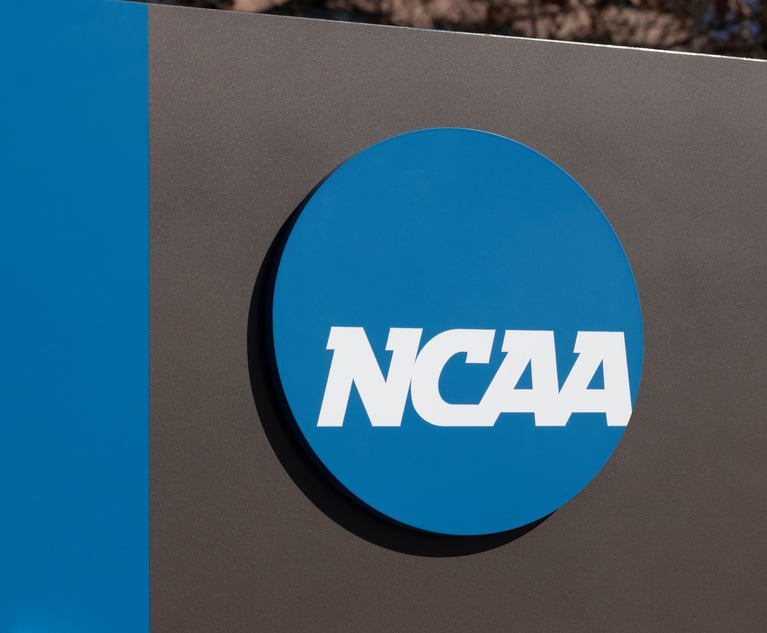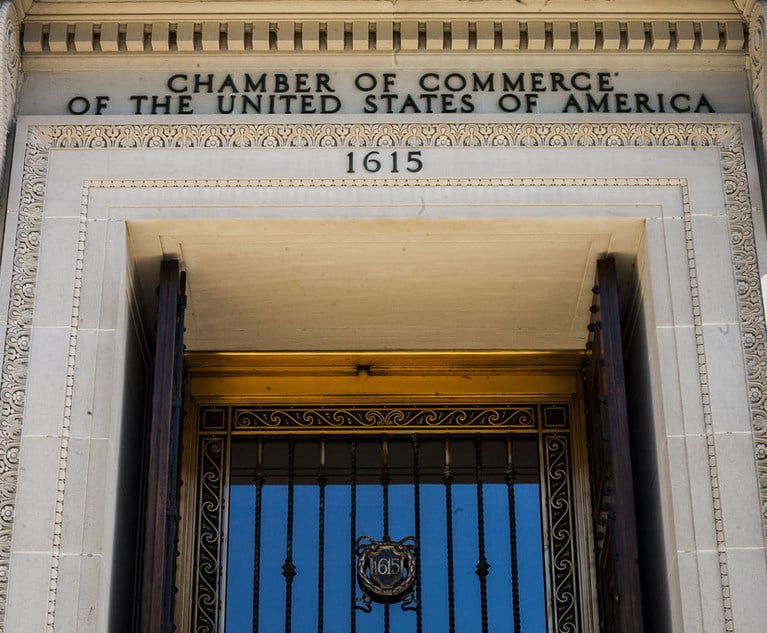On July 9, 2021, President Joe Biden issued his “Executive Order on Promoting Competition in the American Economy” (EO), establishing his administration as one that will prioritize the importance of competition in the workforce. See, White House Exec. Order on Promoting Competition in the American Economy (Jul. 9, 2021). The EO strikes the same chord as a recent Tweet from President Biden which states: “It’s simple: companies should have to compete for workers just like they compete for customers. We should get rid of non-compete clauses and no-poaching agreements that do nothing but suppress wages.” See, Joe Biden (@JoeBiden), Twitter (Dec. 23, 2019, 7:05 PM). Clearly, the Biden administration seeks to position itself as one that will crack down on employers’ attempts to limit their employees’ mobility and pay through allegedly non-competitive measures.
We have begun to see the fruits of this aggressive new approach. This year, the Department of Justice (DOJ) filed the first-ever criminal prosecutions of employers and individuals allegedly involved in inter-business agreements to avoid raising employees’ pay. In January 2021, the DOJ’s Antitrust Division brought charges in its first prosecution of an employer alleged to be engaging in a so-called “illegal no-poach agreement.” See, Siri Bulusu, Antitrust Regulators Eye Criminal Enforcement in No-Poach Deals, Bloomberg Law (May 17, 2021, 6:30 AM). Less than one month earlier, the DOJ brought its first criminal charges against an employer alleged to be involved in “wage-fixing.” These two cases come just over four years after the DOJ released Antitrust Guidance for Human Resource Professionals. See, U.S. Dep’t of Justice, Antitrust Div. & Fed. Trade Comm’n, Antitrust Guidance for Human Resource Professionals (Oct. 2016). That 2016 guidance cautioned employers to expect criminal prosecutions for restrictive covenants that did not protect a legitimate business interest. Id.









